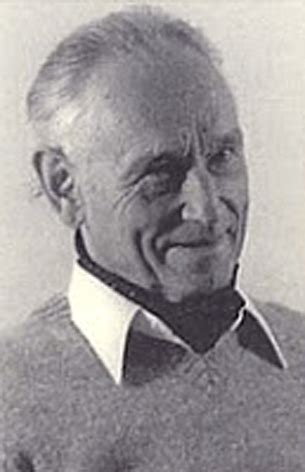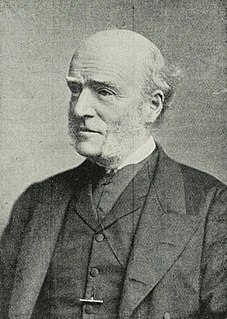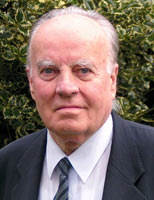A Quote by Tertullian
We say, and we say openly, and while ye torture us, mangled and gory we cry out, "We worship God through Christ!" Believe Him a man: it is through Him and in Him that God willeth Himself to be known and worshipped.
Related Quotes
The law of giving and receiving is fundamental, and relates just as much to God as it does to us. As we go through the door of giving ourselves to God in worship we find that God comes through that same door and gives Himself to us. God's insistence that we worship Him is not really a demand at all but an offer-an offer to share Himself with us. When God asks us to worship Him, He is asking us to fulfill the deepest longing in Himself, which is His passionate desire to give Himself to us. It is what Martin Luther called "the joyful exchange."
It is God who gives us the spirit of worship (Psalm 133:3), and it is what we know of God that produces this spirit of worship. We might say that worship is simply theology, doctrine, what we think about God, going into top gear! Instead of merely thinking about Him, we tell Him, in prayer and praise and song, how great and glorious we believe Him to be!
Jesus Christ was God - the Personal God become man. He has manifested Himself many times in different forms and these alone are what you can worship. God in His absolute nature is not to be worshipped. Worshipping such God would be nonsense. We have to worship Jesus Christ, the human manifestation, as God. You cannot worship anything higher than the manifestation of God. The sooner you give up the worship of God separate from Christ, the better for you.
by grace ye are saved, not of works,' but by the will of God through Jesus Christ . . . If we please Him in this present world, we shall receive also the future world, according as He has promised to us that He will raise us again from the dead, and that if we live worthily of Him, 'we shall also reign together with Him,' provided only we believe . . .
We do not worship the Prophet. We worship God our Eternal Father and the risen Lord Jesus Christ. But we acknowledge the Prophet; we proclaim him; we respect him; we reverence him as an instrument in the hands of the Almighty in restoring to the earth the ancient truths of the divine gospel, together with the priesthood through which the authority of God is exercised in the affairs of His Church and for the blessing of His people.
Part of the inner world of everyone is this sense of emptiness, unease, incompleteness, and I believe that this in itself is a word from God, that this is the sound that God’s voice makes in a world that has explained him away. In such a world, I suspect that maybe God speaks to us most clearly through his silence, his absence, so that we know him best through our missing him.
Through Plato, Aristotle came to believe in God; but Plato never attempted to prove His reality. Aristotle had to do so. Plato contemplated Him; Aristotle produced arguments to demonstrate Him. Plato never defined Him; but Aristotle thought God through logically, and concluded with entire satisfaction to himself that He was the Unmoved Mover.
The Church is the Church in her worship. Worship is not an optional extra, but is of the very life and essence of the Church. ...Man is never more truly man than when he worships God. He rises to all the heights of human dignity when he worships God, and all God's purpose in Creation and in Redemption are fulfilled in us as together in worship we are renewed in and through Christ, and in the name of Christ we glorify God.
To worship God 'in spirit and in truth' is first and foremost a way of saying that we must worship God by means of Christ. In him the reality has dawned and the shadows are being swept away (Hebrews 8:13). Christian worship is new covenant worship; it is gospel-inspired worship; it is Christ-centered worship; it is cross-focused worship.
If any man would come after me, let him deny himself." The disciple must say to himself the same words Peter said of Christ when he denied him: "I know not this man." Self-denial is never just a series of isolated acts of mortification or asceticism. It is not suicide, for there is an element of self-will even in that. To deny oneself is to be aware only of Christ and no more of self, to see only him who goes before and no more the road which is too hard for us. Once more, all that self denial can say is: "He leads the way, keep close to him.



































